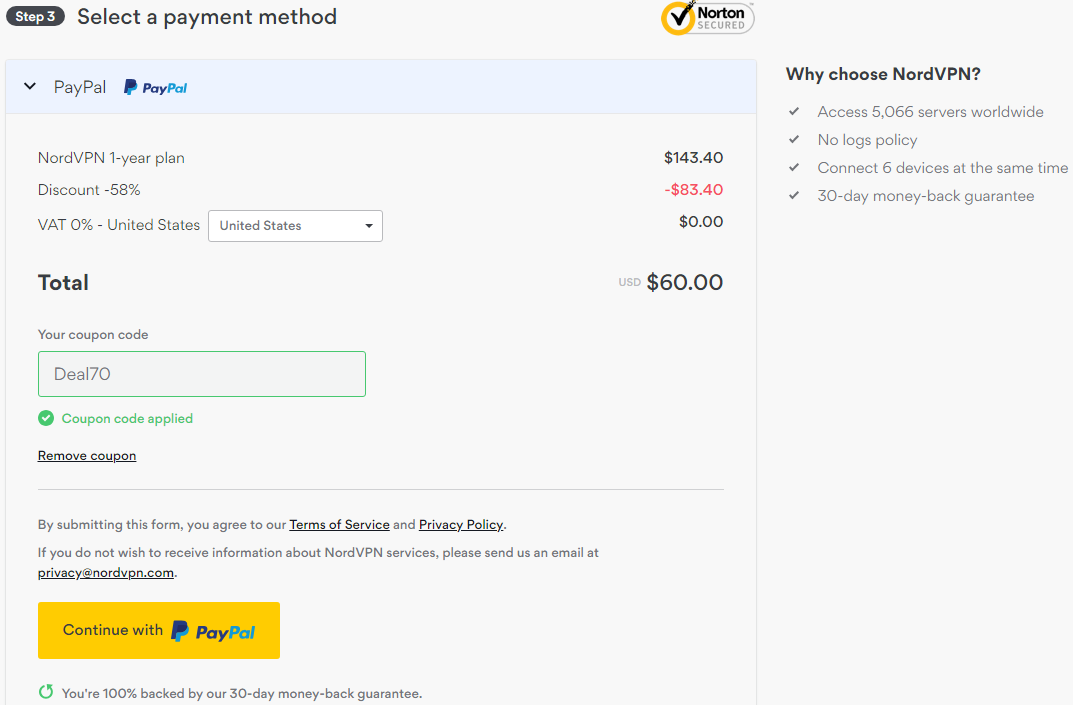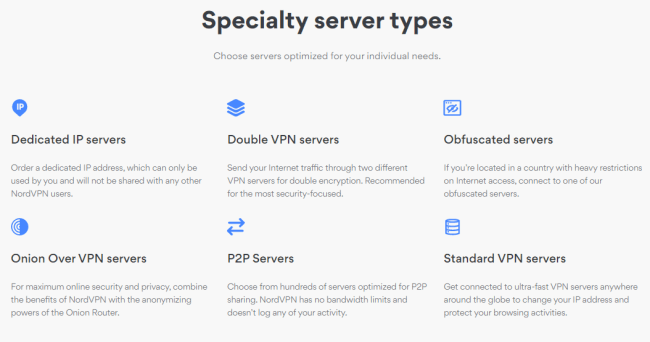

You can select your torrent/mule client so that it must go through the VPN (and therefore be protected/anonymised) and leave the other software (browser, email, music or video platform.) unprotected, but also with a maximum speed (better to have everything go through your VPN). It allows you to select the applications that can bypass the VPN or conversely transit through the VPN. For more experienced users, split tunneling is interesting. This function instantly stops the data transfer as long as the VPN connection is not established, and thus hides your IP address. Don't forget to activate the kill switch in your VPN settings. A VPN client (Windows, macOS, Linux.) or the installation of a VPN directly on the router (for advanced users) is therefore recommended. Furthermore, VPN browser extensions or apps on your mobiles or TV devices (FireStick TV, SmartTV.) do not secure your torrent downloads on computers. So he doesn't know your geographical location, let alone your identity.Ī VPN also allows access to torrent sites that would be blocked or banned in certain countries since you choose the location of your choice. With a VPN, the hacker can only access the IP of the VPN server. Without a VPN, a hacker could enter your machine through the communication port opened for torrenting (or another one) and read or destroy your files. Indeed, when you download torrents with a torrent software, your IP address is visible to all users of the network. Not only does it prevent a public body (such as HADOPI) from detecting and identifying you, but it also prevents your computer from being hacked. The use of a VPN protects you in two ways.

In practice, some people restrict their machine's uploading relatively or completely. In the collaborative spirit, the leecher (= "leech", the one who downloads content) commits to become in turn a seeder (= "sower", micro download server) and upload content to facilitate sharing to the greatest number. Torrent networks (like Kim Dotcom's famous Mega or Resilio) are also used to store personal or confidential data as a kind of collaborative cloud. Torrent networks are decried as a symbol of piracy when they just use a technology that decentralises and pools data storage. In other words, if 10 servers offer a 1MB/s download rate, the download will be as fast (if not faster) than downloading from a single fast 10MB/s server. The torrent client will search for the best servers (offering a better downstream speed) and start downloading from several servers. Depending on the torrent client (µTorrent, BitTorrent, eMule.) and the type of network (Torrent, Mule.), downloading a file starts with the detection of the servers storing the file. Content on networks for torrenting is not by nature concentrated on a particular server (Amazon or Google cloud type), but disseminated on a constellation of machines (of individuals usually).


 0 kommentar(er)
0 kommentar(er)
